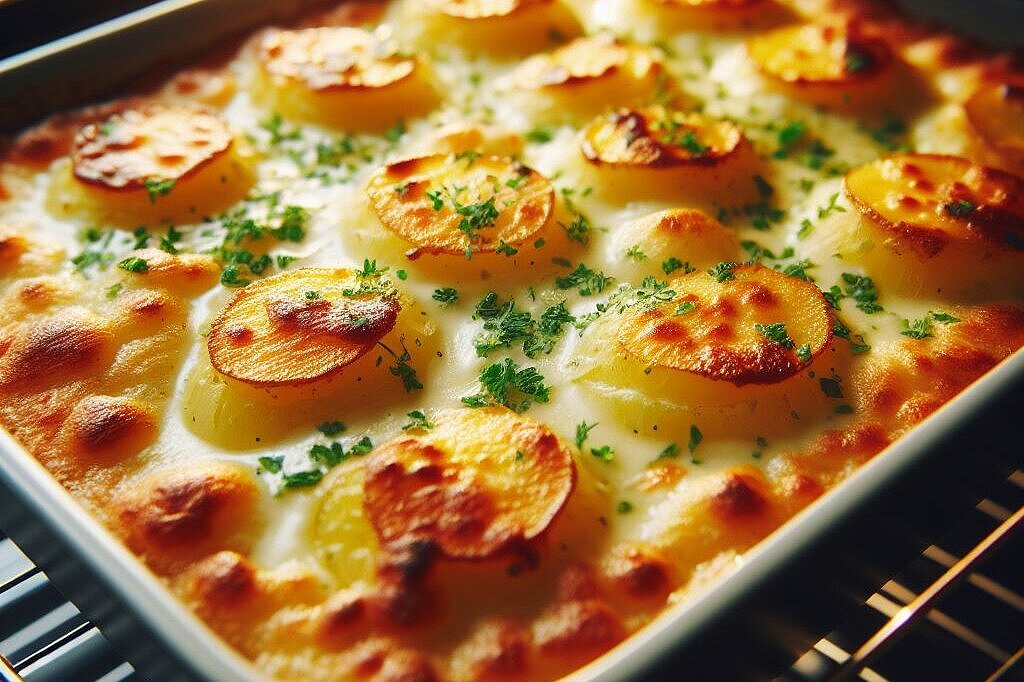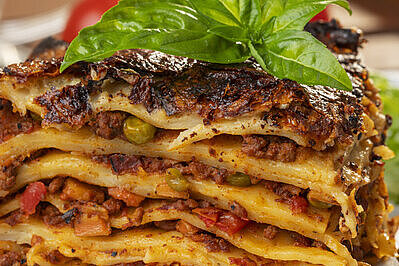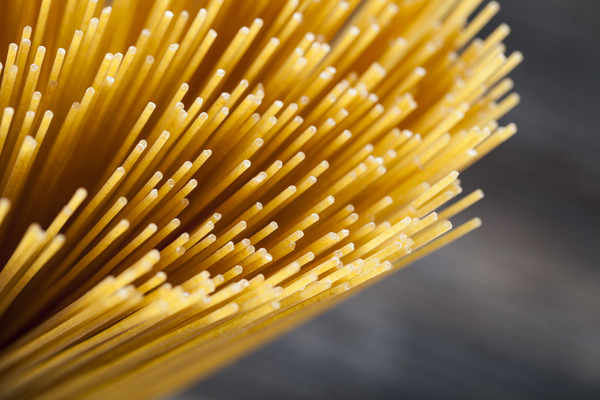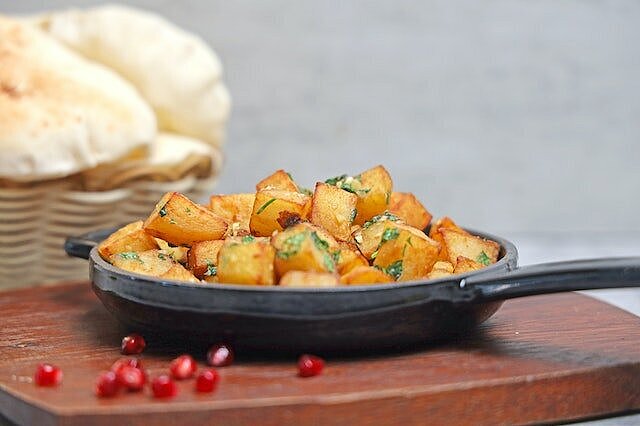Casserole
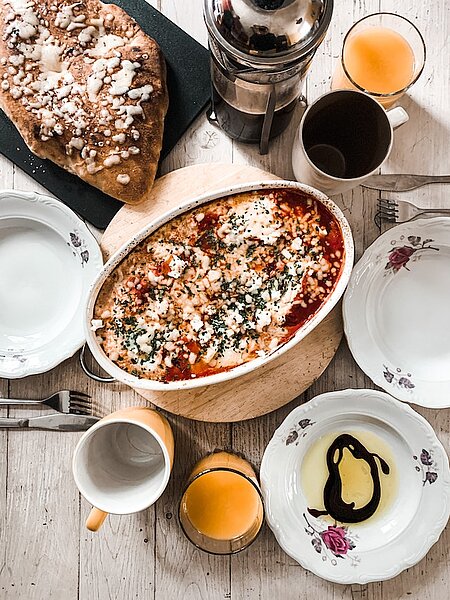
Do you like casseroles and want to give your dog some of them? Or are you looking for a simple and tasty way to offer your dog home-cooked food? Then casserole for dogs could be just the thing for you. In this article, you'll find out what casserole is, how you can prepare it for your dog and what the advantages and disadvantages are.
What is a casserole?
Casserole is a dish made from various ingredients that are layered or mixed in a dish and baked in the oven. Typical ingredients are potatoes, pasta or rice as a source of carbohydrates, meat or fish as a source of protein and vegetables or cheese as additional toppings. The ingredients are often topped or mixed with a sauce made from cream, eggs or cheese.
How do I prepare casserole for my dog?
You can easily prepare casseroles for dogs yourself. All you need is an ovenproof dish and a few ingredients that your dog tolerates well. Make sure that you don't use any spices such as salt, pepper or garlic, as these can be unhealthy or even poisonous for your dog. Don't use onions or chocolate either.
A simple recipe for a fish and pasta casserole looks like this, for example:
- 200 grams of pasta (whole grain won't hurt)
- 200 grams of fish fillet (or other boneless fish)
- 200 grams of fresh spinach (or a little less frozen spinach leaves)
- approx. 150 grams of sour cream or quark
- 2 to 3 tablespoons of pumpkin seeds
Cook the pasta according to the instructions on the packet until al dente and drain. Cut the fish into small pieces and wash the spinach thoroughly. Place the fish in a casserole dish and spread the spinach on top. Mix the sour cream or quark with a little water and pour the mixture over the fish and spinach. Sprinkle over the pumpkin seeds and place the dish in an oven preheated to 180 degrees for about 20 minutes.
Allow the casserole to cool slightly before serving it to your dog.
What are the benefits of casserole for dogs?
Casserole for dogs has several advantages:
- It's easy to make and you can use different ingredients
- It's tasty and your dog will love it
- It contains many important nutrients such as carbohydrates, proteins, vitamins and minerals
- It can serve as a change from dry food
What are the disadvantages of casserole for dogs?
Casserole for dogs also has some disadvantages:
- It can be too greasy and lead to diarrhea
- It can trigger allergies in sensitive dogs
- It can contain too many calories and lead to obesity
- It cannot be stored for a long time
Casseroles for dogs are a tasty way to offer your dog home-cooked food. However, you should make sure that you only use suitable ingredients and that you feed the right amount.
Properties 4
Are you looking for other ingredients with a specific property?
Just click on them to find more.
If you notice any signs of hypersensitivity or poisoning in your dog, you should see your vet immediately. We are not a substitute for a vet, but we try to be as accurate as possible. Every dog reacts differently and we recommend you get a second opinion or consult your vet if in doubt.
Stay healthy and take good care of your four-legged friend!😊
Similar to Casserole
Gratin is a French word that describes a type of preparation in which a dish is baked with a crust of cheese, breadcrumbs or butter. The best-known gratin is gratin dauphinois, which consists of raw...
Lasagne consists of various ingredients, which can vary depending on the recipe. The most important are Pasta sheets: These consist of wheat flour, water and sometimes eggs. They provide...
Pasta is pasta made from flour, water and sometimes eggs. There are many different shapes and types of pasta, such as spaghetti, penne, macaroni or lasagne. Pasta is usually cooked and served with a...
Roast potatoes are a way of preparing potatoes, which belong to the nightshade family. Potatoes contain starch, fiber, vitamin C and potassium and can be eaten raw or cooked. However, raw potatoes...
